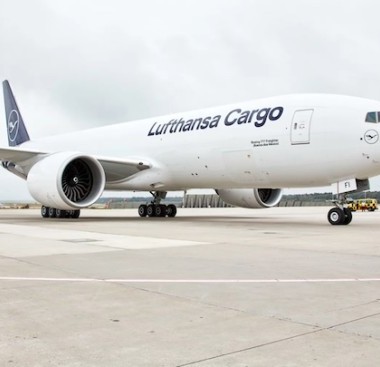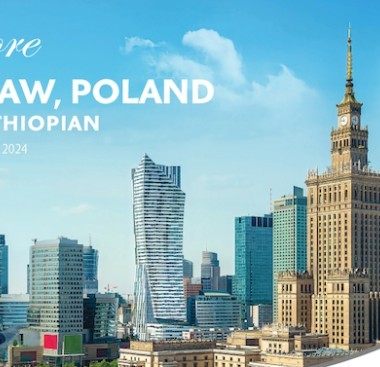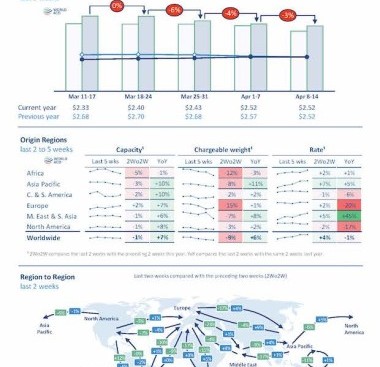EU splits on Covid-patent waivers to cast doubt on US plan
Spain backed a U.S. proposal to waive intellectual property rights for coronavirus vaccines, breaking ranks with Germany and complicating efforts by the European Union to form a common stance.
“Intellectual property cannot be an obstacle to ending Covid-19 and to ensuring equitable and universal access to vaccines,” the Spanish government said in an informal policy paper circulated Thursday evening. Its view is that consensus must be “urgently found on the proposal for a temporary waiver.”
Spain’s position sets the stage for a tense debate when EU leaders meet Friday evening to discuss their response to the pandemic. The country is at odds with Europe’s biggest economy as well as drugmakers, who warned that such a move will harm efforts to stem the pandemic.
While the head of the bloc’s executive arm, Ursula von der Leyen, agreed to discuss U.S. President Joe Biden’s call to waive patent protections, German Chancellor Angela Merkel dismissed it. Her health minister, Jens Spahn, said the problem is not patents but production capacity and availability, and took a swipe at Washington over its decision to block exports of Covid-19 shots.
“I would be pleased if the United States of America were prepared, just like the European Union, to release doses produced in the U.S. for export,” Spahn said Friday at a news conference in Berlin.
“The EU produces for the world, in the knowledge that we are only safe when everyone in the world is safe,” Spahn added. “And we will export a lot more.”
The European drugmakers’ association echoed Spahn’s assertion that intellectual-property protection is not what’s holding back global vaccine deliveries. Nathalie Moll, director of the EFPIA, said the “real bottleneck” is manufacturing capacity and not intellectual-property protections.
“If you suddenly have a diversion towards other manufacturing sites that maybe are less efficient, less productive, maybe the quality is less good, maybe you suddenly have counterfeits,” she said in a Bloomberg TV interview on Friday. “You’re also diverting from the current successful production of vaccines to less control.”
France wants vaccines to be a public good and supports the idea of opening up intellectual-property rights, but waiving patent protection for Covid shots won’t immediately help countries struggling to get supplies.
“Lifting the patents has no short-term impact,” French European Affairs Minister Clement Beaune said on Twitter on Friday. “It’s authorizing exports that is urgent.”
Portugal, which holds the EU’s rotating presidency, says suspending patents would be a “very important” step, but also pointed to production issues.
“We must not forget that we have a production-capacity problem and that this has to be resolved,” Augusto Santos Silva, Portugal’s foreign minister, said on the sidelines of the EU leaders’ summit in Porto. “That is why everyone needs to make an effort, because the supply chains of the materials needed for the production of vaccines are global.”
The split among EU members and the fierce opposition of drugmakers feed into a prolonged debate on the issue at the World Trade Organization, casting doubt on whether waivers could be deployed in time to help the fight against the pandemic. While EU leaders will discuss the matter at Friday’s summit in Porto, it’s unlikely that concrete decisions are imminent.
A European Commission spokeswoman told reporters in Brussels on Friday that the EU’s executive arm hasn’t held discussions with the Biden administration since the U.S. proposal was tabled earlier this week. The bloc first needs to define its own position and member states need to give the commission a mandate to negotiate a waiver, the spokeswoman said, adding that this is why the issue will be taken up by EU leaders at their meeting in Porto.
Officials and diplomats in Brussels cautioned that WTO deliberations will take months. Talks will also likely result in partial waivers only, as there’s little chance countries such as Germany and the U.S., whose companies pioneered the development of messenger-RNA technology used in Covid vaccines, will agree to cede intellectual property to competitors such as China.
In any case, most poor countries in the world have neither the capacity nor the expertise to produce such advanced treatments, the officials have said. EU countries are thus expected to continue lobbying the U.S. and the U.K. to allow more exports and share their stock with developing countries.
The U.S. and the U.K. have exported only a fraction of the shipments authorized by the bloc. Von der Leyen said on Thursday the EU has shipped more than 200 million doses, while a memo circulated among diplomats in Brussels and seen by Bloomberg shows that 178 million have been cleared for export to 45 countries between Jan. 31 and May 3.
The need for vaccines is “still enormous,” Margrethe Vestager, the EU’s competition commissioner, said in Porto. “That is what needs to be in focus—so not only the patent but also the production and all the things that goes into the production for the vaccines to be delivered.”
Similar Stories
Britons finally taste full Brexit as costly border checks begin
EU food imports to the UK are about to get more expensive and complicated as the British government implements the Brexit deal.
View Article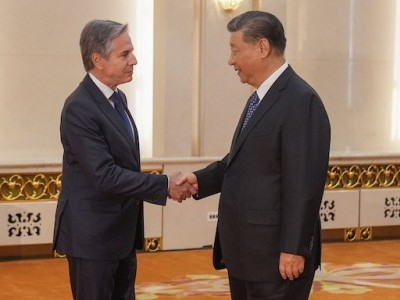
Xi warns Blinken against ‘vicious competition’ between US, China
View ArticleNCBFAA elects new officers and board members for 2024-2026
The National Customs Brokers and Forwarders Association of America (NCBFAA), following its 51st Annual Conference in Fort Lauderdale, Florida, on April 14-17, finalized its election today of a new slate…
View Article
Biden tightens gun export rules to fight criminal diversion
View Article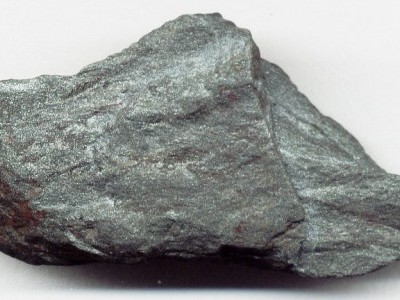
Brazil iron ore exports seen surging in 2024 if rivers stay high
View ArticleJapan tightens export controls on more chip and quantum tech
Japan said it plans to expand restrictions on exports of four technologies related to semiconductors or quantum computing, the latest in a global push to control the flow of strategic…
View ArticleGet the most up-to-date trending news!
SubscribeIndustry updates and weekly newsletter direct to your inbox!


